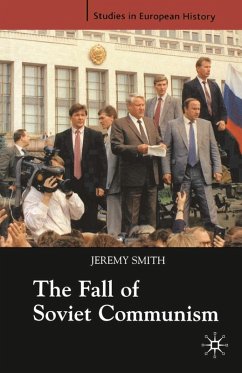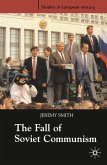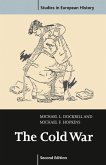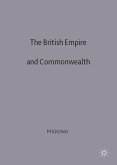The fall of communism and the break-up of the Soviet Union into 15 independent states in December 1991 was one of the most significant events of the 20th century. In the last years of Soviet rule, images of mass protests on the streets of Moscow, Tbilisi and Vilnius, bloodshed in Baku, striking miners, Mikhail Gorbachev wooing the West, and Boris Yeltsin defiantly mounting a tank in front of the White House building in Moscow, shattered all of the old certainties about the seemingly unbreakable communist system. Gorbachev and Yeltsin were the dominant figures in this process, but non-Russian national movements, workers, intellectuals, and international developments all had roles to play.
Jeremy Smith presents the dramatic events of 1985-91 in a clear and succinct form, setting out a variety of interpretations for the demise of communism in the Soviet Union, and suggesting new approaches to answering the unresolved question of why it happened. Smith discusses the long-term and short-term factors behind the extraordinary collapse, assessing the impact of economic crisis, nationalism, personalities and democratization in the process.
Jeremy Smith presents the dramatic events of 1985-91 in a clear and succinct form, setting out a variety of interpretations for the demise of communism in the Soviet Union, and suggesting new approaches to answering the unresolved question of why it happened. Smith discusses the long-term and short-term factors behind the extraordinary collapse, assessing the impact of economic crisis, nationalism, personalities and democratization in the process.









